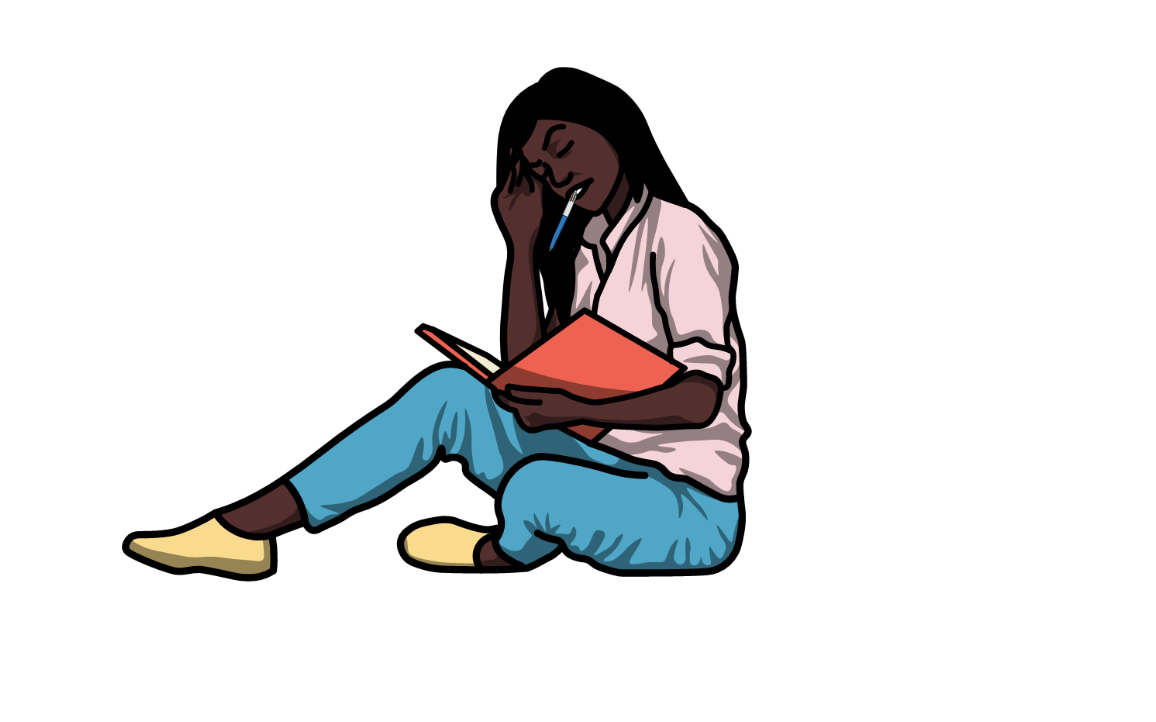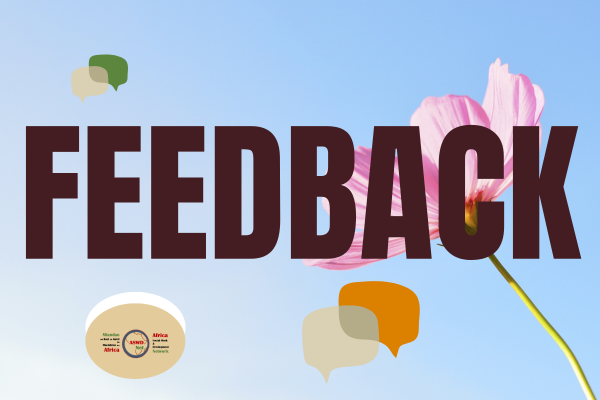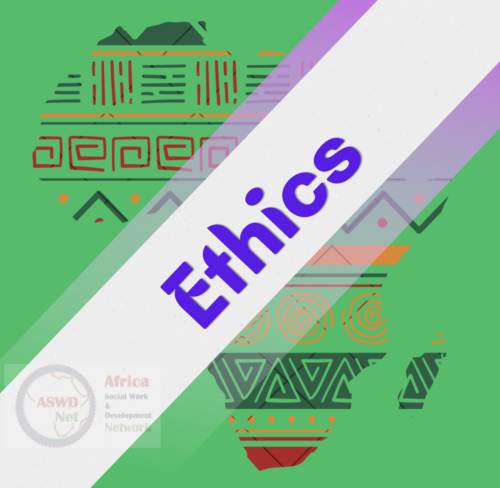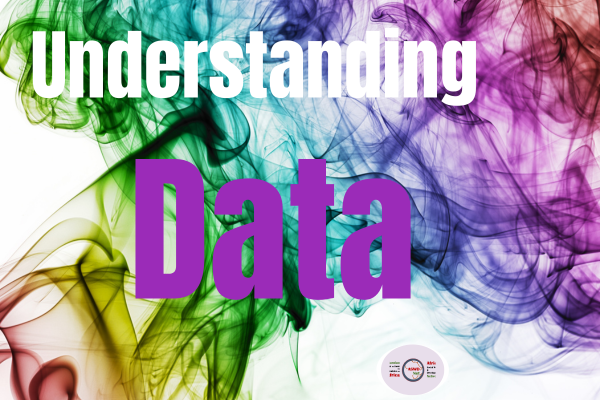
How are Philosophies, Theories and Models developed?
What is a philosophy?
A philosophy refers to a whole view about life, sometimes called a worldview or way of seeing the world. Philosophies are not created, they develop naturally over a long period of time. They are developed by the concerned society as a whole, as a result of agreements and disagreements of the people, their environment and spirituality. People who are called philosophers only make connections about parts of existing philosophy, they do not (or have not) develop philosophies themselves. The parts of a philosophy are concepts, values and theories. Philosophies rarely change, but manifestations of philosophy can change. Examples of manifestations are religion, culture, dress, cuisine, education, language, governance, economics, social welfare etc. Just like a tree suffers winds and pests, and dry seasons, philosophy suffers from such events, for example through colonisation.
What are theories and models?
A theory refers to a collection of ideas about why and how something happens. These ideas could have been tested or not.
A model is a representation of what something looks like, could look like and how something can be done to achieve desired results. It shows how something works or could work.
Models, tools, and instruments are used to implement theories or part of a theory, from one theory there can be many models, tools and instruments.
Therefore, from philosophy, several theories are generated and from each theory several models are generated.
Theories and models are made by people, put simply, they can be made by individuals but community and society are important to validate them.
There are two methods by which theories and models are made (1) think and create (2) observe/research and create.
Methods of creating theories and models
Think, imagine and create
Humans have high thinking capabilities, they are capable to thinking deeply or critically. We can apply our brains to understand issues in depth, including through wondering (why and how) and imagination (there is a way or a better way of of this problem or issue). Others argue that imaginations are increased through observations or dreams yet others say there is a spiritual element to imagination. Art is obviously an important aspect of imagination and creativity.
Creating is different from imitating. Imitators ride on what has been thought by others already.

Observe/research and create
Research can be original (using new methods to generate new data or knowledge) or secondary (using existing data or knowledge to generate new meanings). Observation is original. Experiments are original too.
Writing an essay based on literature produced by other people does not produce new knowledge, and is therefore not research or original.

Another way to contribute to theories and models
The other way is to expand existing theories and models by upraising and criticizing them. This is useful if others have come up with theories before to address your identified issue or problem.
Want to create a theory or model, where can you start?
Theory
- From your experience, research or practice, think about or research an aspect, issue, process or problem that is not understood or there are disagreements and then create a draft theory to explain. The draft is sometimes called a hypothesis. Revise the draft by thinking harder or researching more. Repeat this process several times. Your theory should lead to better understanding of interventions. These aspects must be clear:
- Concepts of the theory and what they mean and how they are related – – link concepts to philosophy and theories.
- The problem or issue the theory addresses.
- How and why.
- What will be the expected result.
- The process that you followed to arrive at your theory (methods) – this allows others to judge you or replicate what you did .
- Build your theory.
- Share or publish the theory or model visually, orally, audio-visually or textually. Publishing media include journals (could be part of a full research or review article), book (could be part of a book chapter), talks with small groups, conference presentation website/blog or social media post.
- Encourage feedback and receive it from colleagues, users of the theory and community and use it to revise theory, if there is need. Important to get your own feedback by using your own theory.
Model
- To start developing a model, think about an intervention in life, research or practice that is not clear or not agreed and provide a template of how things can be done to give better results. Imagine how things could be better then design a model. Repeat the process several times until you have final:
- Concepts of the model and what they mean and how they are related – link concepts to philosophy and theories.
- The issue or thing the model represents.
- Key features of the model.
- How the model functions and expected results.
- The process that you followed to arrive at your model (methodology) – this allows others to judge you or replicate what you did.
- Build your model.
- Share or publish the theory or model visually, orally, audio-visually or textually. Publishing media include journals (could be part of a full research or review article), book (could be part of a book chapter), talks with small groups, conference presentation website/blog or social media post.
- Encourage feedback and receive it from colleagues, users of the model and community and use it to revise theory, if there is need. Important to get your own feedback by testing your model.
Who can create theories and models?
Anyone younger or older, parents, farmers, miners, hunters, students, researchers, practitioners and academics.
Use the form below to subscibe to Owia Bulletin.
Discover more from Africa Social Work & Development Network | Mtandao waKazi zaJamii naMaendeleo waAfrika
Subscribe to get the latest posts sent to your email.




You must be logged in to post a comment.